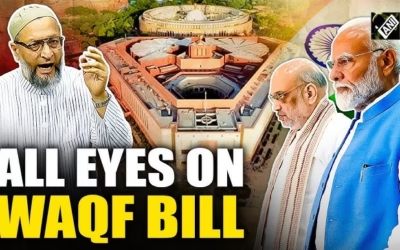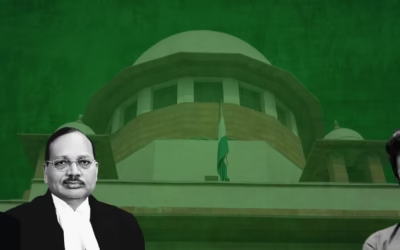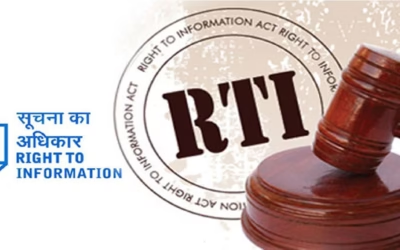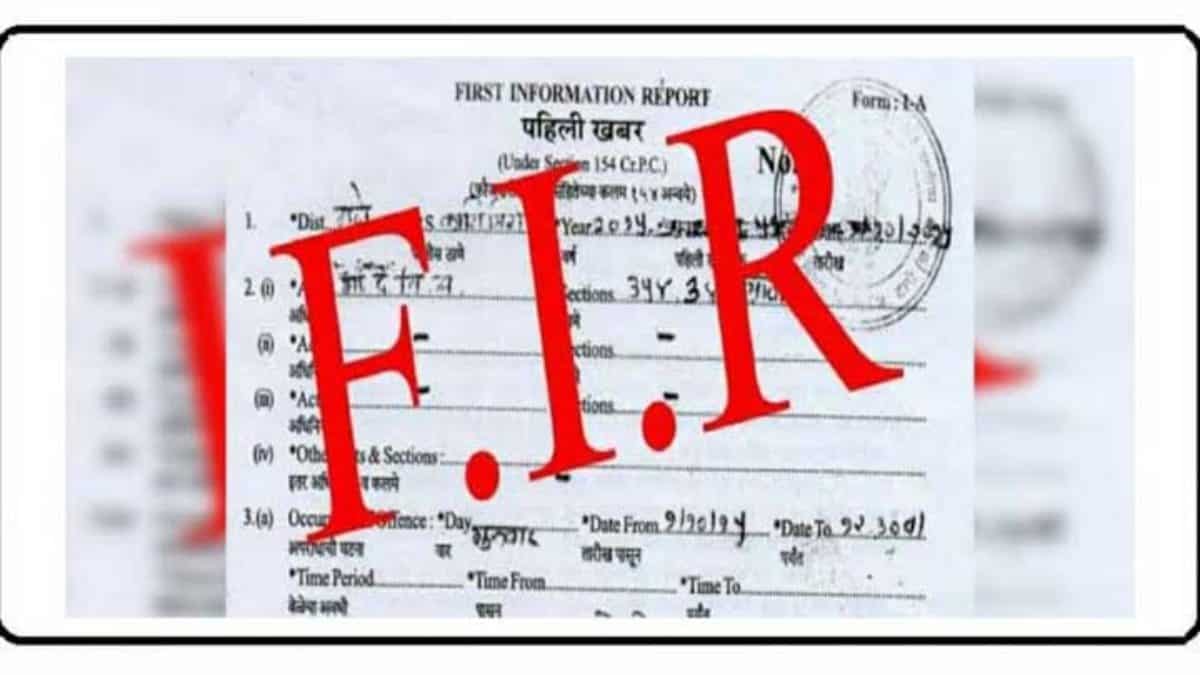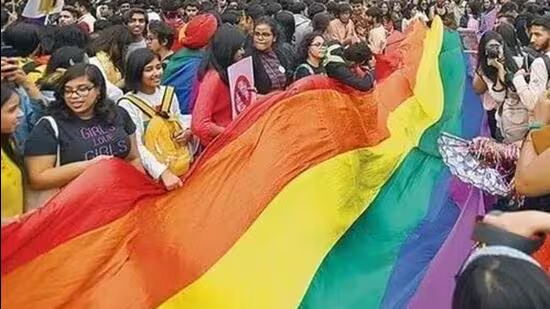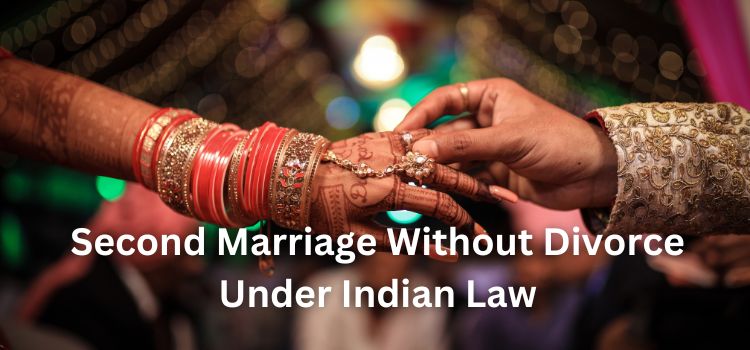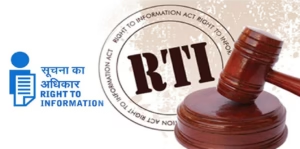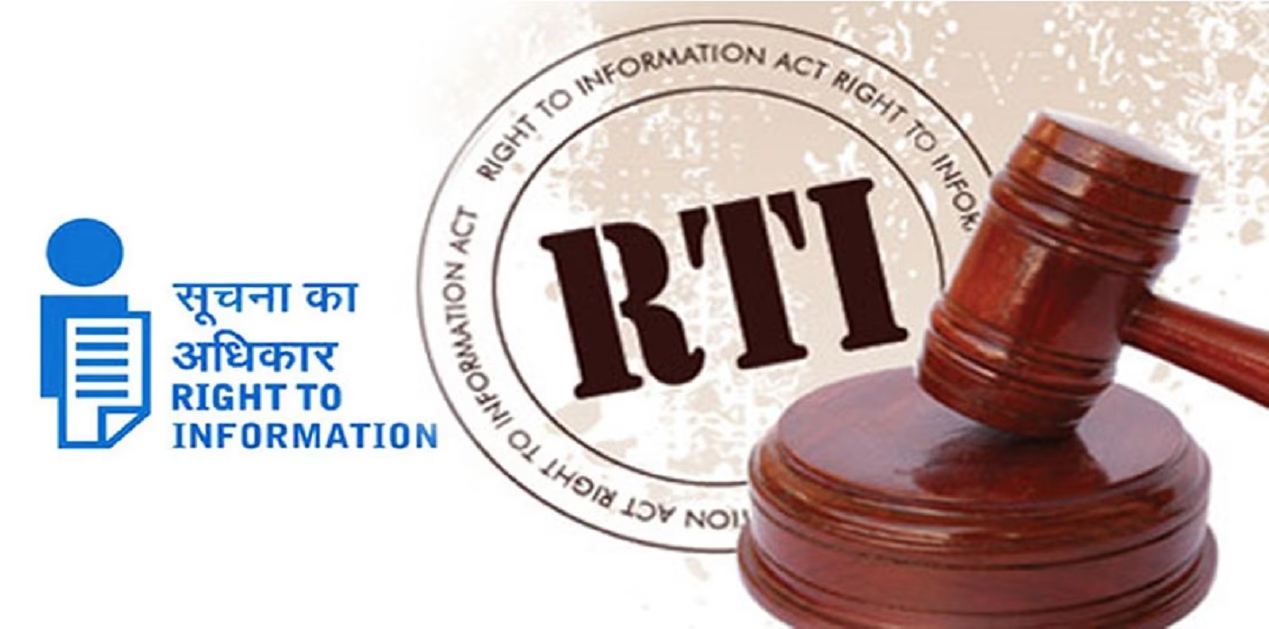
7 Simple Steps for Marriage Registration in India: Complete Legal Guide by Legal Sathii
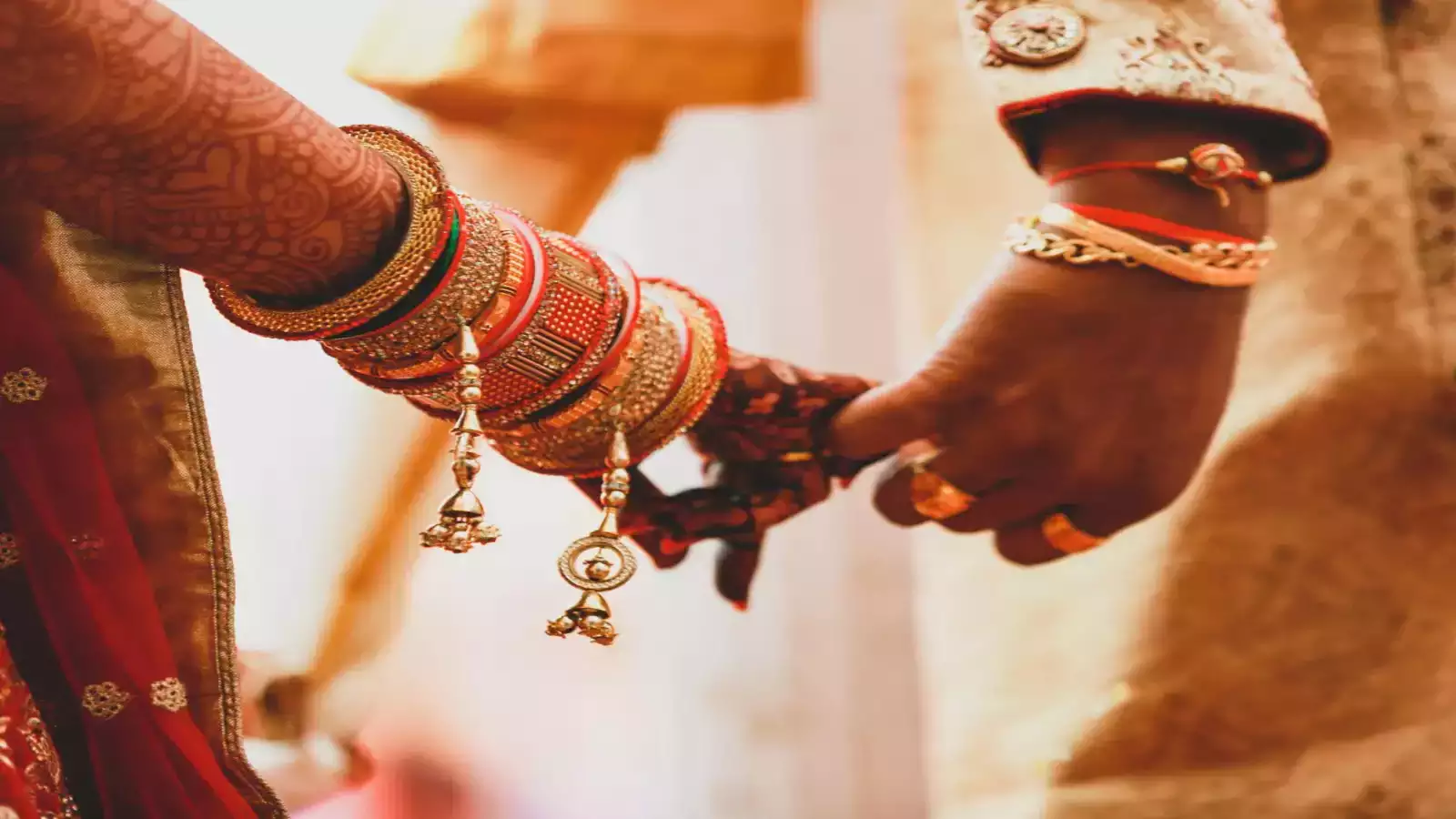
Marriage registration in India is crucial for ensuring your marriage has legal recognition. Whether you’re getting married under the Hindu Marriage Act or the Special Marriage Act, it’s vital to complete the marriage registration process. Here’s a detailed guide to help you understand how to register your marriage in India with ease.
Why is Marriage Registration Important in India?
Registering your marriage is vital for legal purposes and provides the following benefits:
- Legal Proof of Marriage: A registered marriage is recognized by law, making it crucial for applications like visas, property rights, and inheritance claims.
- Fraud Protection: It safeguards you against fraudulent marriage claims.
- Spousal Rights: You can access various benefits, including insurance, pension, and inheritance, under the law.
Acts Governing Marriage Registration in India
In India, marriage registration is governed by two major acts:
- The Hindu Marriage Act, 1955: Applicable to Hindus, Sikhs, Buddhists, and Jains. This act allows you to register your marriage within the community.
- The Special Marriage Act, 1954: Allows couples of different religions or castes, or those opting for a civil marriage, to register their marriage under this act.
Documents Required for Marriage Registration in India
Before you begin the registration process, ensure you have the following documents ready:
- Proof of Marriage: Marriage invitation card or a photograph of the marriage.
- Proof of Age: Aadhar card, PAN card, passport, or birth certificate.
- Proof of Address: Aadhar card, voter ID, utility bills, or passport.
- Photographs: Passport-sized photos of the bride and groom.
- Witnesses: Two witnesses with valid ID proofs.
Step-by-Step Process to Register Your Marriage in India
Step 1: Choose the Appropriate Act
Decide whether to register your marriage under the Hindu Marriage Act or the Special Marriage Act, depending on your personal situation.
Step 2: Visit the Marriage Registrar’s Office
Find the nearest registrar’s office. For Special Marriage Act registration, you must submit an application at least 30 days before the marriage date.
Step 3: Fill Out the Marriage Registration Application Form
Complete the marriage registration form carefully with the correct details of both partners and witnesses. Any mistakes can lead to delays.
Step 4: Submit the Required Documents
Submit the application form and the necessary documents to the registrar for verification. Make sure all your documents are valid.
Step 5: Registrar Verification
The registrar will verify your documents. In some cases, they may conduct an interview to confirm the authenticity of your marriage.
Step 6: Issue of Marriage Certificate
Once the verification is complete, the registrar will issue your marriage certificate, which serves as legal proof of your marriage.
Tips for a Hassle-Free Marriage Registration
- Ensure Valid Documents: Ensure all documents, including identity proofs and photographs, are up-to-date.
- Prepare Your Witnesses: Arrange for witnesses in advance and ensure they carry valid identification.
- Mind the Notice Period: For Special Marriage Act registration, ensure you complete the 30-day notice period before submitting the application.
Frequently Asked Questions (FAQs)
Q1: Can I Register My Marriage Online in India?
Yes, many states now offer online marriage registration services. However, you may need to visit the registrar’s office in person for document verification and the collection of the marriage certificate.
Q2: Is Marriage Registration Mandatory in India?
While marriage registration in India is not mandatory for personal ceremonies, it is strongly recommended for legal recognition and future benefits.
Q3: How Long Does the Registration Process Take?
The time frame for marriage registration in India varies. For Hindu Marriage Act, it can take 1-2 days, while for Special Marriage Act registration, the notice period is 30 days.
Conclusion
Registering your marriage is an essential legal step to ensure your marriage is recognized by the law. By following this guide, you can complete the marriage registration process smoothly. For expert legal advice and guidance, visit Legal Sathii, your one-stop solution for all legal needs.
Adding Outbound Links:
To resolve the outbound link issue, you can add external links to official government websites and legal resources. For example:
- Link to the Official Government Marriage Registration Portal:
You can link to the Ministry of Home Affairs or the Registrar General of India’s official page for marriage registration - Link to the Hindu Marriage Act:
Link to the government’s official version of the Hindu Marriage Act
Visit Legal Sathii for more helpful resources and expert advice on marriage and legal matters.
Legal Sathii


